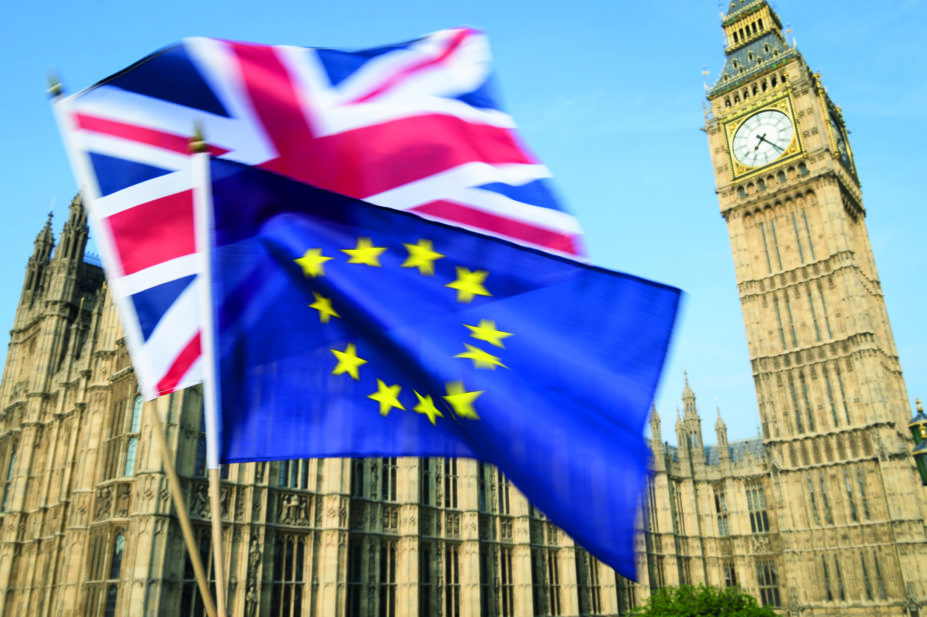
Shutterstock.com
International drug companies are keen to invest in the UK’s life sciences industry provided there is evidence of match funding from the government, members of the House of Lords science and technology committee were told on 24 October 2017.
But there is a danger that some big pharma investment may be put at risk because of the impact on the UK industry caused by Brexit, peers were warned.
Steve Bates, chief executive officer of the Bioindustry Association, told the committee’s latest public session in its ongoing inquiry into the government’s life sciences industrial strategy: “Brexit has had an impact on investment decisions in the last three months.”
He said that in some areas Brexit was causing “significant uncertainty.”
The Association of the British Pharmaceutical Industry (ABPI) confirmed that big pharma was still interested in investing in the UK’s life sciences. The government’s strategy has “caught the attention of global leaders,” its chief executive officer Mike Thompson told the committee.
He said some “significant investment” is being considered but investors were looking for a commitment of “partnership investment” from the government.
“I think if we can see some joint commitment around this then I think we will see significant investment made,” he said.
However, the ABPI is also concerned about the impact of Brexit, particularly on the future of pan-European clinical trials and the new steps to tackle counterfeit medicines being introduced via the European directive on falsified medicines.
That directive, which has already cost the UK pharma industry “tens of millions of pounds”, introduces a tracking bar code on medicines packaging which is intended to protect UK patients like others across Europe, from falling victim to counterfeit medicines.
Thompson told peers: “It would be unfortunate if UK patients were the only ones [in Europe] not to be protected from counterfeit medicines.”
The Falsified Medicines Directive will come into force in the UK on 9 February 2019. The UK is scheduled to leave the EU at the end of March 2019.

Courtesy of University of Oxford
Sir John Bell, regius chair of medicine at the University of Oxford, wrote the independent Life Sciences Industrial Strategy on behalf of the life sciences sector in collaboration with industry, academia, charity and research organisations
The House of Lords committee’s inquiry is considering the government’s life sciences strategy focusing on whether the government has the necessary structures in place to support the life sciences sector and how the NHS can use procurement to stimulate innovation.
The strategy, written by Sir John Bell and published in August last year, aims to ensure the long-term success of the UK’s life sciences industry and was developed in collaboration with industry, academia, charity, and research organisations. Bell is regius professor of medicine at the University of Oxford.


